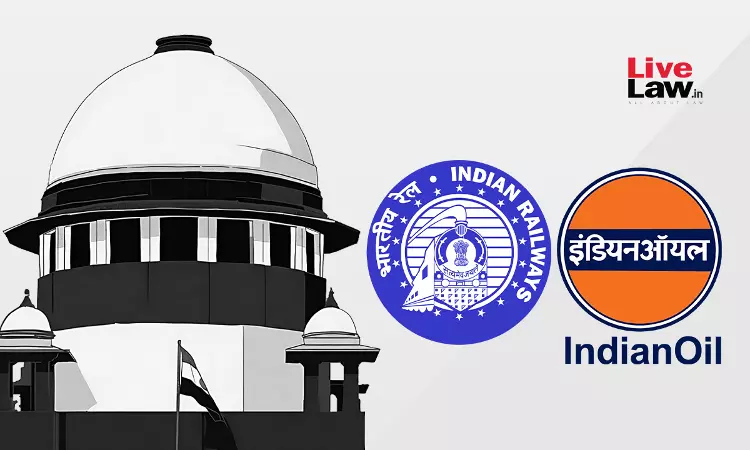In a case involving excess payment of freight charges, the Supreme Court recently held against the Railways', observing that it levied an illegal charge on Indian Oil Corporation (IOC) for 444 kms when the actual relevant distance was only about 334 kms.The Bench of Justices JB Pardiwala and Sandeep Mehta passed the judgment in appeals filed by the Railways, against order of the Allahabad...

